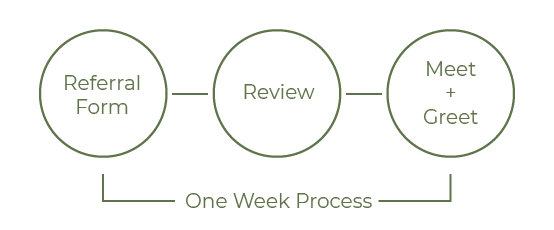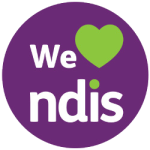Support Workers
What Does a Mental Health Support Worker do?
If you’re an NDIS participant you may wish to receive help from a support worker. You can gain access to this service through your NDIS plan.
The focus of the psychosocial support is recovery-oriented and person-focused and sees support workers applying evidence based practices and personalised approaches tailored to address the specific support requirements of the participants and agencies.
Why use our Support Workers?
Staff with Real-Life & Professional Insight
Our team includes individuals with lived experience and/or professional backgrounds in complex mental health, providing deeper empathy, understanding, and practical support.
Clinically Supervised Support Workers
Every support worker is under the clinical supervision of a qualified team, including a Clinical Psychologist and Clinical Supervisor—ensuring professional oversight and the highest standard of care.
Evidence-Based, Person-Centred Approach
Our psychosocial support workers use evidence-based practices and tailored strategies designed specifically for each participant’s needs and goals.
Recovery-Oriented Support
Support is focused on empowering participants through recovery-oriented, person-focused care that promotes independence, growth, and meaningful engagement in daily life.
Hand-Selected for Skill & Compassion
Each worker is carefully chosen not only for their clinical skillset but also for their friendly and empowering approach to care.
Setting the Standard in South East Queensland
Our clinically supervised structure is a key differentiator, offering a level of service and oversight that sets Urzi Supports apart from other services in the region.
Commitment to Quality & Outcomes
With clinical backing and a participant-first ethos, you can trust that your clients are receiving the highest level of care and ongoing support
Michael
Michael is a passionate, family-loving Urzi mainstay.
Over the years he’s empowered people of all needs through meaningful conversations and his friendly, unhurried approach to life.
Jordan
Jordan is a big fan of building connections through hobbies.
Whether it’s exercise, board games, or music, he’s always eager for something fun and engaging.
Aaron
Those who’ve met Aaron know that he’s a great listener.
He specialises in men’s issues, and understands well the needs and wants of younger clients.
Robyn
Robyn loves to help clients improve their lives through personal development.
An avid pilates and meditation practitioner, she’s patient, open-minded, and kind.
Riann
Riann’s positivity is contagious.
Her life and work experience with customers has developed her ability to understand people in the world of health care and mental health disability.
Lachie
Lachie comes from a strong background of youth work.
He likes to spend a lot his time being a positive role model for young people.
Jordan
Jordan primarily works with youth.
He enjoys helping them overcome challenges on their way to adulthood.
Want to Get Started?
Please complete the referral form below
Once we have received all of your details we will review and respond to organise a meet and greet.


